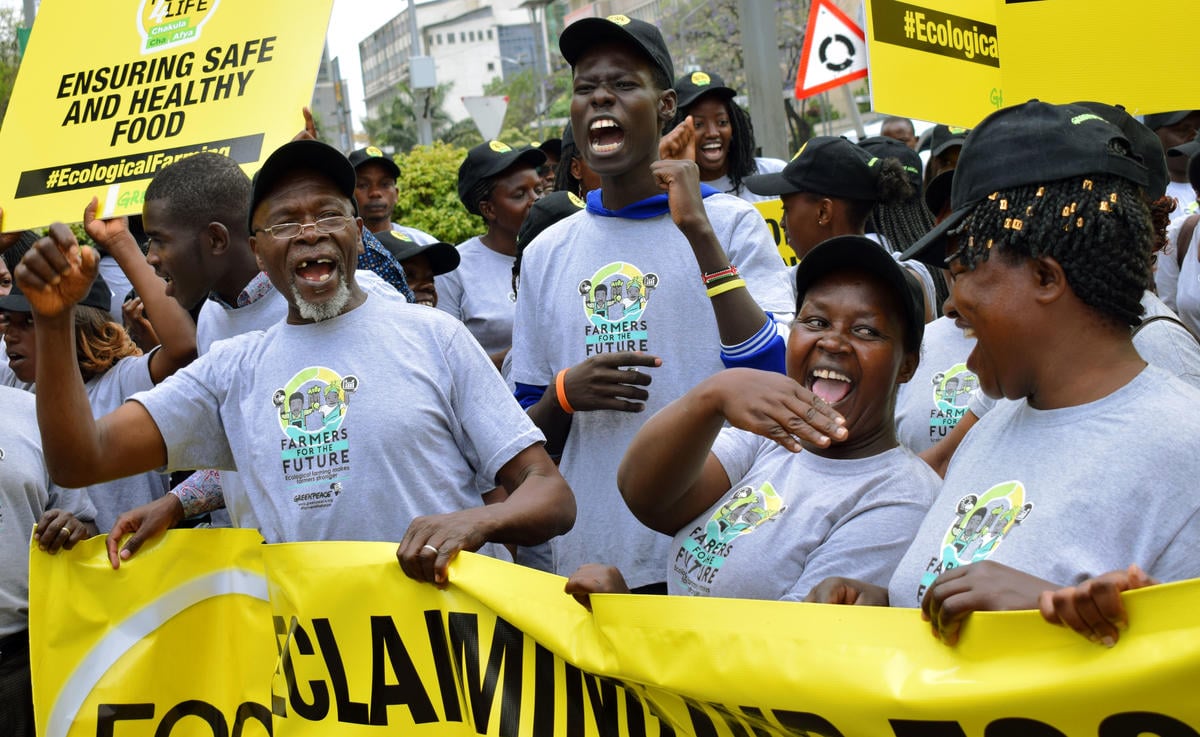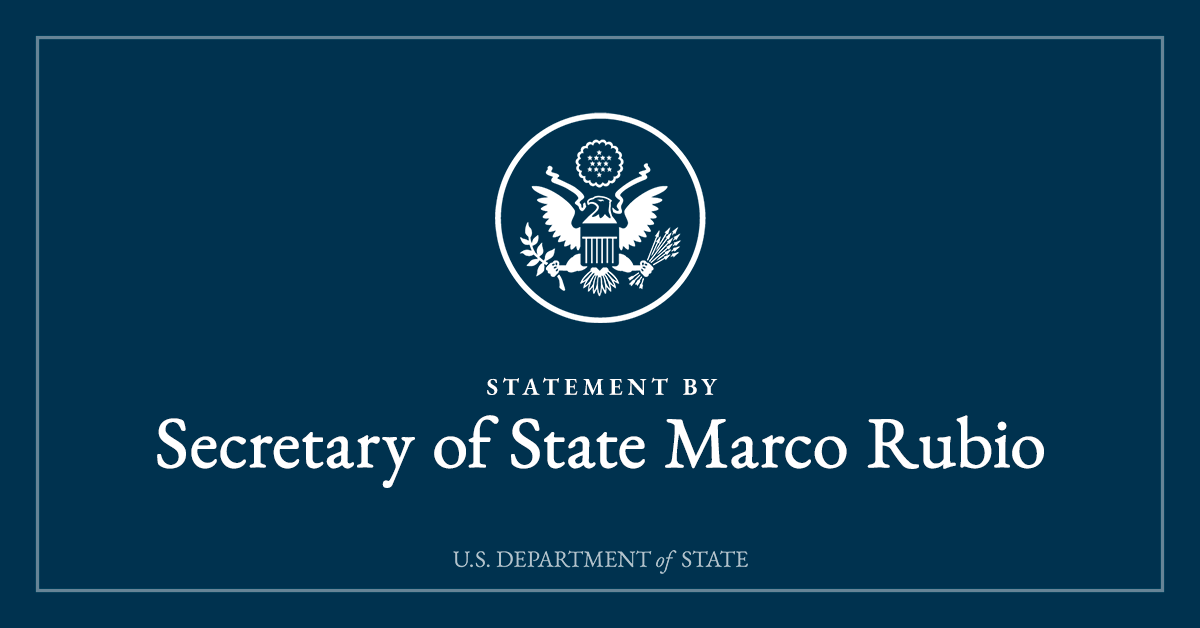From 2 to 4 December 2025, the United Nations Office for Disarmament Affairs (UNODA), in partnership with the Republic of South Africa, the European Union Partner-to-Partner Export Control Programme for Dual-Use Goods (EU P2P), and the German…
Category: 2. World
-
UNGA at 80: From 1946 to Our Future
The half-day programme will feature speeches and panel discussions focused on practical solutions and charting a constructive path forward for the UN. Topics will include the UN’s role in promoting international peace, security, and…
Continue Reading
-
UNODA Vienna Marks 25 Years of Women, Peace and Security
2025 marks a year of important anniversaries in the global effort to achieve gender equality. The UNODA Vienna Office celebrated the 25th anniversary of Security Council Resolution 1325 and the Women, Peace and Security (WPS) agenda with an…
Continue Reading
-
Secretary-General’s remarks to the High-Level Meeting of the General Assembly on the 65th Anniversary of the Declaration on the Granting of Independence to Colonial Countries and Peoples | Secretary-General
We gather today to mark a historic milestone: the 65th anniversary of the Declaration on the Granting of Independence to Colonial Countries and Peoples.
And, for the first time, we also observe the International Day against Colonialism…
Continue Reading
-

Hope comes alive when we take action – 8 Good News stories 2025
We are approaching the end of 2025 – once a distant marker used for environmental milestones and future promises of a cleaner, greener world to come. Now we are ten years after the Paris Agreement for climate action and…
Continue Reading
-

Treasury Increases Pressure on Iran’s Sanctions-Evading Shadow Fleet
WASHINGTON—Today, the U.S. Department of the Treasury’s Office of Foreign Assets Control (OFAC) is placing further pressure on the Iranian shadow fleet, which exports Iranian petroleum and petroleum products through deceptive shipping…
Continue Reading
-

Sanctioning ICC Judges Directly Engaged in the Illegitimate Targeting of Israel
Today, I am designating two International Criminal Court (ICC) judges, Gocha Lordkipanidze of Georgia and Erdenebalsuren Damdin of Mongolia, pursuant to Executive Order 14203, “Imposing Sanctions on the International Criminal Court.” These…
Continue Reading
-

UK cracks down on Russian oil sector as revenues plummet
-
UK announces 24 new sanctions relentlessly targeting Russia’s reeling war economy and oil industry.
-
Four of Russia’s largest oil companies, with revenues over $20 billion are hit as UK doubles…
Continue Reading
-
-
Scoop: Witkoff to meet Qatari, Egyptian and Turkish officials in Miami on Gaza deal – Axios
- Scoop: Witkoff to meet Qatari, Egyptian and Turkish officials in Miami on Gaza deal Axios
- LIVE: Israeli attack on school-turned-shelter in Gaza City kills six people Al Jazeera
- Türkiye’s Fidan to attend Gaza-focused meeting in Miami TRT World
Continue Reading
-

Former Tory donor hit with UK sanctions over alleged Russian energy role
Stay informed with free updates
Simply sign up to the Oil & Gas industry myFT Digest — delivered directly to your inbox.
The UK has imposed sanctions on former Conservative party donor Murtaza Lakhani for his alleged involvement in Russia’s…
Continue Reading